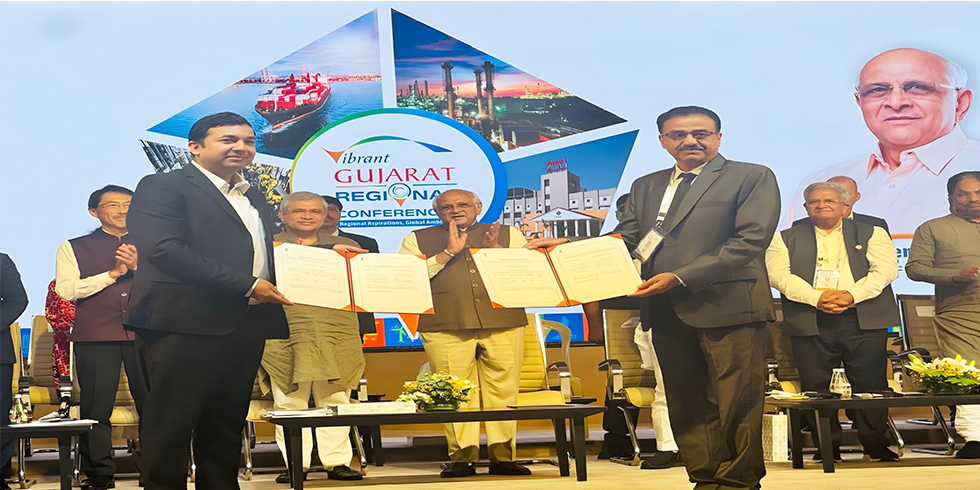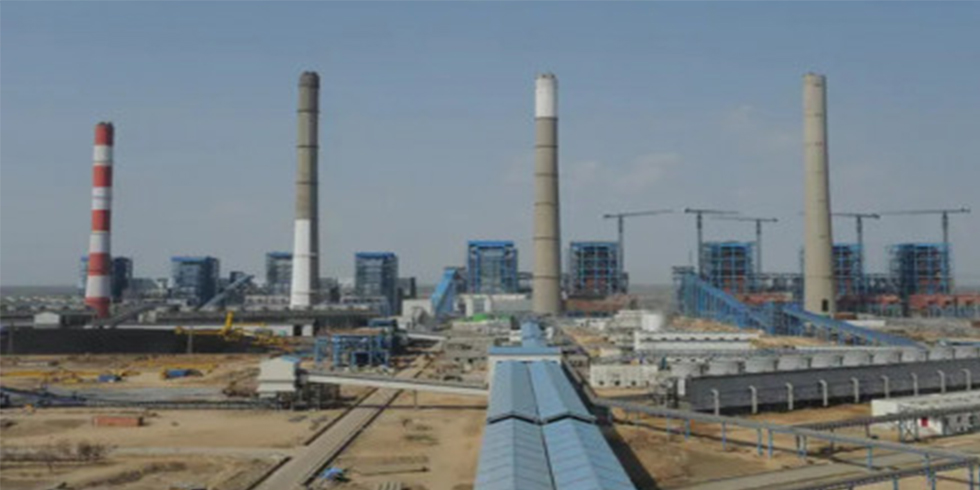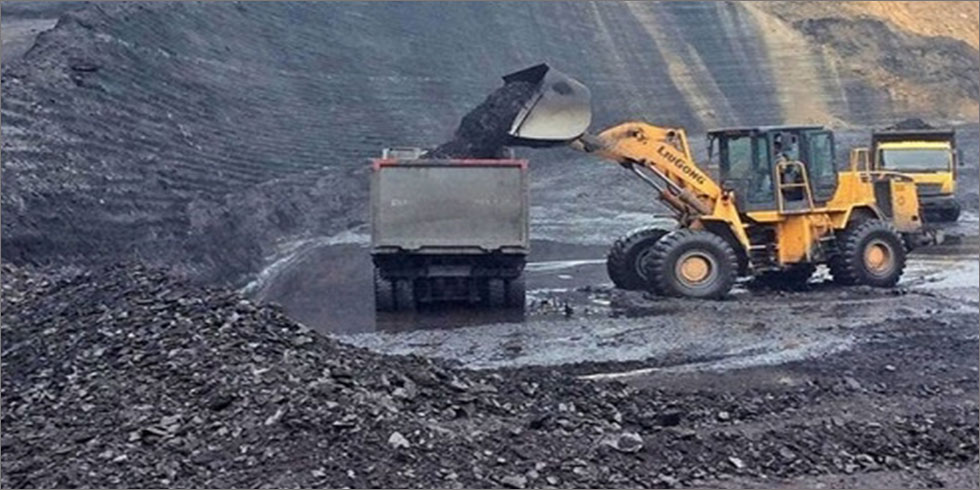Africa is immensely rich in energy resources such as oil, natural gas, coal and renewable energy. However, these resources are being exploited by outside powers, and have not been utilized by Africa to meet its own energy requirements, with more than 500 million people having no access to electricity in the continent.
In many African countries, these energy resources have been a curse rather than a strategic asset, as they have been a source of conflict between different groups.
The lack of investment capital and excessive dependence on foreign aid and donors have scuttled Africa's quest for self-reliance in energy security.
The Western governments previously monopolized the energy sector in the continent, but today both India and China are massively investing in Africa's energy sector to meet their rising energy demands.
Now these two powers should take the next step to transform the energy infrastructure of the continent and help it build self-sufficiency, and strengthen this constructive engagement with the long-exploited continent by cooperating with each other.
China has been engaging with Africa, especially the sub-Saharan African countries. China's energy diplomacy with African countries has been based on the grant of trade deals and aid, without any strings attached.
India's oil companies are present in many African countries too. However, with no diplomatic missions in the majority of Francophone African countries, India has found it difficult to enter the energy arena in the continent in a big way.
Instead of rivalry between India and China in Africa, the focus should now shift to cooperation between the two countries for both their own energy security and their capacity-building in Africa.
The two countries issued a joint declaration in 2005 when former Chinese premier Wen Jiabao visited India, stating that the two countries would collaborate in the energy sector in other countries. This was reiterated in the 2010 joint communiqué between the two countries during Wen's Indian trip.
One sector that is yet to be harnessed to its fullest potential in Africa is renewable energy. Renewables provide less than 20 percent of the continent's electricity. Africa's sustainable future lies in the development of this sector.
Africa is potentially rich in solar energy, which is reportedly capable of fulfilling the energy requirements of the whole continent, including remote communities. Europe for a while held the ambition of exporting solar power generated from the Sahara. But the plan had to be abandoned due to economic and technical obstacles.
Africa also has untapped geothermal energy in the Red Sea Valley, the Rift Valley and between Nigeria's Atlantic southeast coast and Cameroon's Atlantic southwest coast.
Hydroelectricity is yet another type of underutilized energy. The proposed Inga Dams to be built in the Democratic Republic of Congo in collaboration with South Africa could have the world's largest hydropower potential, providing electricity to most of southern Africa, but the project has not taken off due to unwarranted delays.
India has been cooperating with Africa in the renewable energy sector by providing training, creating infrastructure as well as providing financial assistance, especially in small hydropower, solar energy, wind energy and biomass based systems.
China has also been addressing environmental challenges through the Forum on China-Africa Cooperation by constructing more than 100 clean energy projects in Africa.
The scramble for Africa has to give way to mutually beneficial cooperation that could help Africa meet long-term development goals and bring peace and stability to a long strife-torn continent. India and China should play a constructive role in building a stronger Africa and thus a stronger world.
Scramble for Africa's energy gives way to mutual benefit











Add Comment